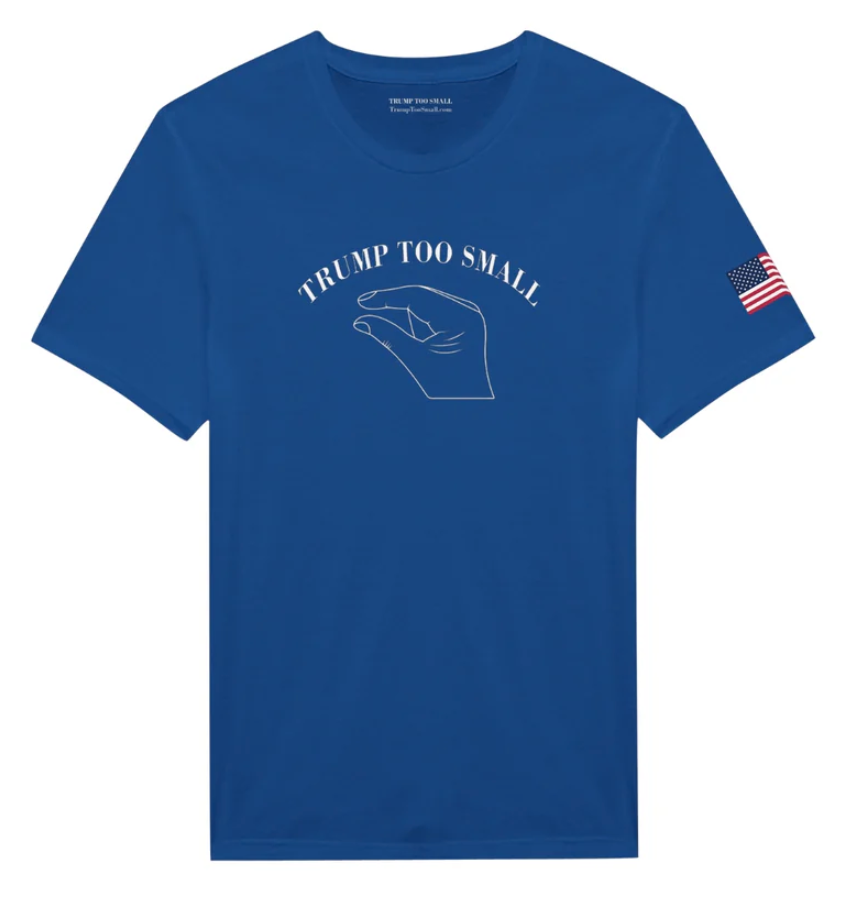
In a landmark decision affirming longstanding principles of trademark law, the United States Supreme Court ruled that the Lanham Act’s names clause does not violate the First Amendment, confirming the authority of the U.S. Patent and Trademark Office (PTO) to regulate trademarks containing living individuals’ names without their consent. In Vidal v. Elster, the Supreme Court reversed a Federal Circuit decision that had found the names clause violated the First Amendment. The Federal Circuit had ruled that, as a viewpoint-neutral, content-based restriction on speech, the names clause did not serve a significant government interest and thus failed to meet the requirements of intermediate scrutiny.
The dispute originated from Steve Elster’s application to trademark “Trump Too Small,” which refers to an exchange during a 2016 debate between then-presidential candidate Donald Trump and Senator Marco Rubio. The PTO rejected that application on the basis that it violated the Lanham Act’s name clause, which prohibits the registration of a trademark that “consists of or comprises a name . . . identifying a particular living individual except by his written consent.” Elster argued that the PTO’s refusal infringed upon his First Amendment right to free speech, but the PTO upheld the denial. The Federal Circuit reversed, and the Supreme Court agreed to hear the case.
In reversing the Federal Circuit, the Supreme Court focused on the differences between content-based and viewpoint-neutral regulations of speech. The Court acknowledged that while the names clause is content-based because it targets trademarks that include a person’s name, it is not viewpoint-based since it does not consider the opinion or message behind the use of the name. Thus, the names clause does not target any specific viewpoint but uniformly prohibits the use of living individuals’ names without consent, regardless of the context.
The majority opinion supported by six justices (there were three concurring opinions) emphasized that the names clause serves a fundamental purpose in trademark law: ensuring that consumers can accurately identify the source of goods and services, thereby preventing confusion and protecting the goodwill associated with a person’s name. By prohibiting the registration of trademarks containing living individuals’ names without consent, the names clause maintains the integrity of the trademark system and safeguards personal reputations. In support, the majority cited historical and traditional underpinnings of trademark law, highlighting that trademark restrictions based on content have coexisted with the First Amendment for over a century without raising constitutional concerns. Early American and English trademark law consistently prohibited the use of another person’s name to avoid consumer confusion and protect the individual’s reputation. This historical context, the majority argued, justified the content-based nature of the names clause, distinguishing it from viewpoint-based restrictions the Court has found unconstitutional.
This decision confirms that the PTO has the authority to regulate trademarks that include names and provides clearer guidelines for assessing if content-based but viewpoint-neutral trademark restrictions are constitutional. However, the Court noted that this decision does not establish a complete set of rules for all content-based trademark restrictions and does not imply that similar history and tradition are needed to support every content-based trademark restriction. As a result, parties seeking trademarks that could potentially test the application of those content-based restrictions should carefully weigh the First Amendment’s scope and how the potential trademark fits within that scope when considering strategy for registration. And importantly, while Elster can still produce and sell shirts that say, “Trump Too Small,” he cannot trademark the phrase in order to stop others from also selling such merchandise.
